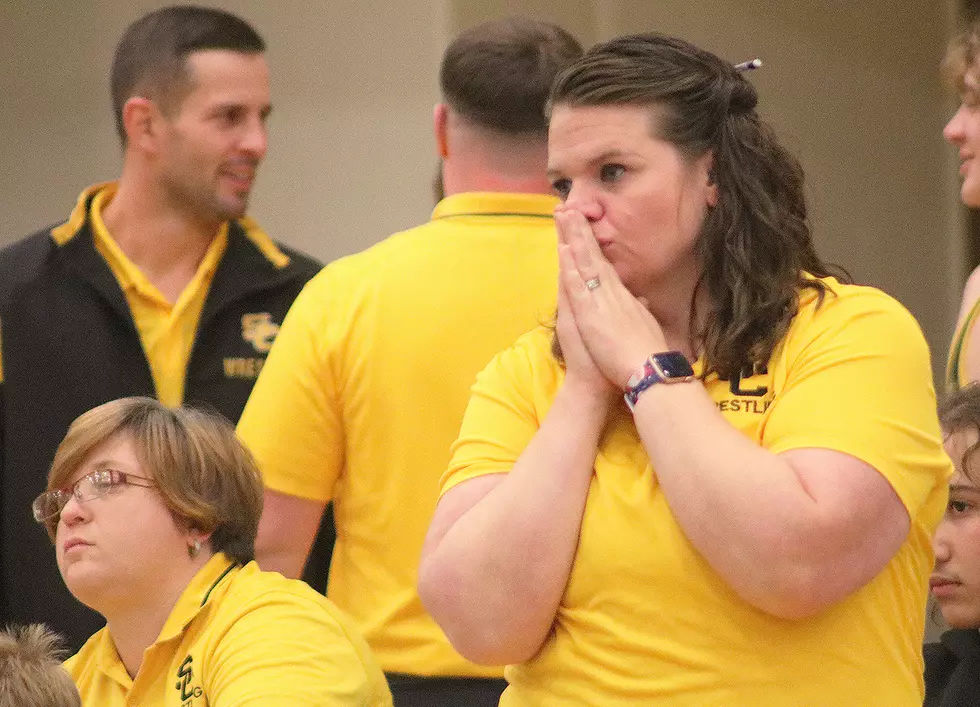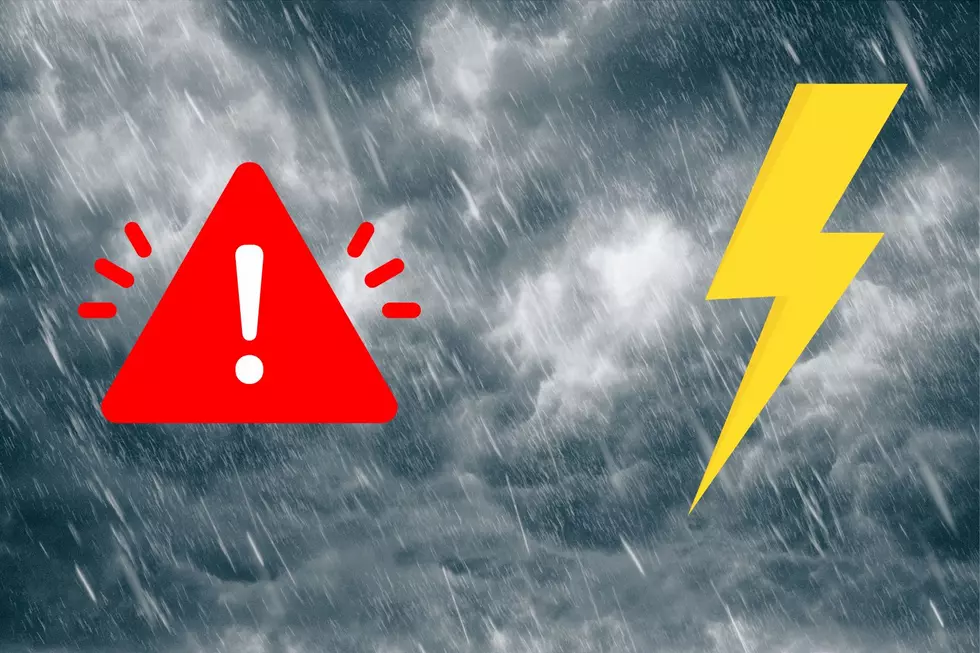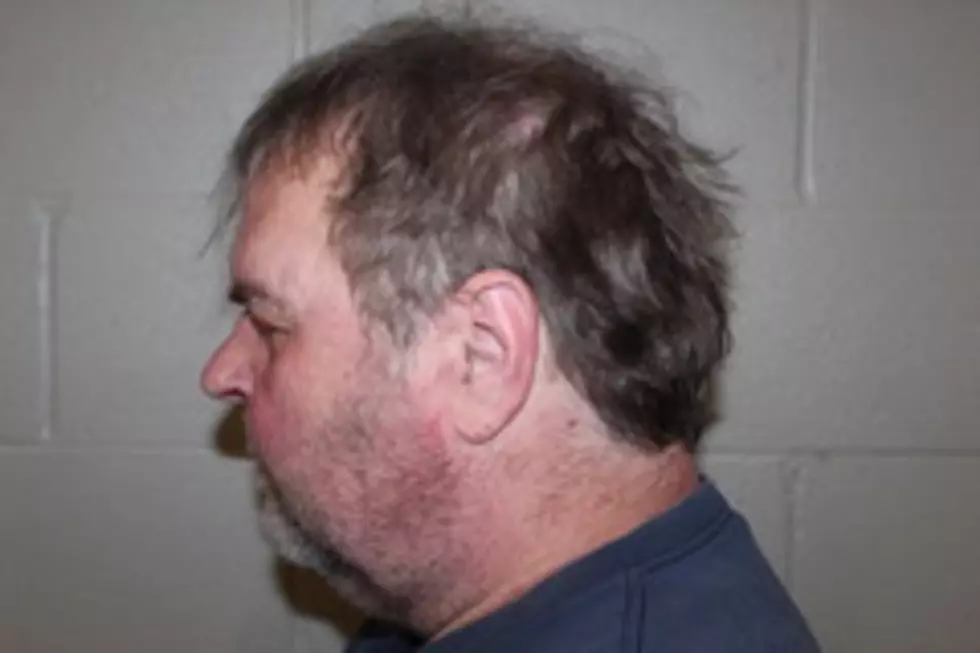
Power-Popper Tony Molina Doesn’t Need No Stinkin’ Choruses
Tony Molina is a songwriter who prefers to work in seconds. His approach is simple: Why take four or five minutes to express yourself when you can do it in under two, or even one? And that’s what Molina does. His songs are often blink-and-you’ll-miss-’em quick; but in the span of only 50 seconds, he can expound every sentiment he wants without losing the listener’s attention, thanks to his gift for writing the perfect hook. Some consider his succinctness unique and novel, but to the West Bay Area native, keeping things short and sweet has always been the best way to write.
Molina struck a chord back in 2013 with the release of his debut solo album, Dissed and Dismissed, a 12-pack of gooey, fuzzed-out power-pop that averaged one minute per song and evoked the spirit of Teenage Fanclub, Weezer and Matthew Sweet. Originally released via San Francisco’s Melters, D&D earned so manyaccolades that it was re-released a year later by legendary indie institution Slumberland. By the time that happened, Molina had also released a 7” for Matador’s Singles Going Home Alone subscription series called Six Tracks E.P., which was even more of that sugary power-pop, laced with the formidable riffage of Thin Lizzy’s Gorham and Sykes.
Of course, before he began recording under his own name, Molina led the prolific Bay Area band Ovens, a precursor to his solo work that recorded a shit-ton of music — only some of which actually saw a release. And that’s just the tip of the iceberg. He has also been a regular in his community’s hardcore and metal scenes, as well as a member of bands such as Caged Animal, Dystrophy, Sharp Knife, Scalped, This Is My Fist, Case of Emergency, Violent Change, Lifetime Problems, Provos, Trainwreck Riders and Yadokai. And that’s not counting the new bands he’s currently forming and also playing in.
But right now, Molina’s focus is a brand new solo EP titled Confront the Truth (out October 28 on Slumberland). To the fans of Dissed and Dismissed, the eight new songs might be a surprise because the chunky, overdriven riffs have been swapped out for acoustic ballads and Beatles-y pop (especially the “Strawberry Fields Forever” homage “I Don't Want to Know”). However, dig deeper into his catalog with Ovens, and it makes complete sense: Confront the Truth is merely an extension of the softer, more intimate songs he wrote for the band.
We talked to Molina about how shorter songs are better, learning how to put out records regularly, worshipping the Beatles and why sticking a cemetery on your album cover is “fucking cool.”
Reminder, CLRVYNT is proud to present TONY MOLINA at Union Pool in NYC on 11/12 with Wildhoney and more TBA.
This EP took a little longer than expected to come out. What was the hold-up?
It’s been four years since I recorded Dissed & Dismissed, and I didn’t really know how to do another record. That was the first record I’d ever done. I’ve made a lot of recordings where I’d just give them to friends and maybe someone would put it out eventually. A lot of stuff — like Ovens have five full-lengths, and not one has been put out on vinyl. So, I’m so used to just recording stuff, but I’ve never been in a situation before where a label has been there to say, “All right, let’s put out your next record.” Going into it, knowing that I have to make a product for Slumberland to sell, and knowing that people will hear it added a lot of pressure. Not from anyone else but myself. I felt a lot of pressure making it because it was such a new thing for me. It’s the first time that’s ever happened to me in 15 years of recording.
I was pretty doubtful about a lot of stuff and second-guessing everything, so I just basically recorded about 40 songs. I was completely unsure of everything, and then just took the songs I liked the most and put them together, and they flowed well together. And I still wasn’t sure, so I sent it to some friends and asked what they thought of it, and they were like, “Dude, this is good! You gotta put this out!” And then Jack [Shirley] went and mixed those songs, and that ended up being the record. It all came together then. But it took me a long time to figure it out.
If you wrote 40 songs, why keep it to an EP’s length?
Because they were a bunch of songs I’d written over the course of a few years, and some were one way and some were another way. They didn’t all flow together. For instance, this new record is really into the style of my band Ovens, which had a lot of acoustic guitars. I really wanted to do something that sounded like Ovens, and one of the tracks on the EP is an old Ovens song that I re-recorded. We demoed it almost 10 years ago. So, I wanted to get back to that. I thought it might be awkward if there was more of the heavy guitar songs interspersed with the softer, acoustic songs. So, I just thought, “You know what, man? Just do what feels right.” And I’m happy with the way it came out.
I like how you return to the overdriven guitars on your cover of Thin Lizzy’s “Banshee” at the end of the EP.
Yeah, that song was recorded years ago when I was demoing songs. I did it in my practice space with an SG and the same setup that I used on the full-length. I’ve always wanted to cover that song, and I felt it was a good closer. I don’t even look at it as a heavy guitar song because it’s mostly acoustic-based. I wanted to add the Hammond organ to it, but I didn’t have time. And I was also working with an 8-track, and at the time only seven of them were working, so I kept it bare-bones. But it’s cool. I even fucked up on the drums a couple of times and left it in, along with the tape hiss, so you can hear it came from a cassette.
So you recorded to tape?
Oh yeah. I never record with computers. Well, the Caged Animal 7” and my old, old hardcore band’s 7” from 2001 were both recorded digitally, as well as an Ovens album. But that’s it. I don’t like recording digitally. It’s just not for me. I’ve never gotten comfortable with it. The first time I ever recorded to tape was in 2005 when I was 20 and we went up to Seattle and recorded with Kurt Bloch from the Fastbacks, which is one of the tightest moments of my whole life. And then after that, we found Bart Thurber, who recorded most of our stuff at home, and he had a one-inch 16-track, and his studio became our second home. I’ve recorded hundreds of songs in that studio, dude. It’s just what I’m used to.
Like that Ovens song “Your Ego Will Grow,” “Hung Up on the Dream” and “I Don't Want to Know” sound like unabashed nods to the Beatles, especially with the Mellotron.
Well, that’s my all-time favorite band. It was very much intentional to have it sound like that. It’s like Beatles worship. I’m all about that. If someone starts a hardcore band, it’s Crossed Out worship, like that band Scapegoat — that band rules and it’s the same thing for me. I want to do a song in the style of this band. And I don’t think it’s ripping anything off — it’s worship. It’s as far as a fan can go. And I’m not a songwriter; I’m a fan.
Obviously, people like to talk about how short your songs are.
I get sick of that shit, man. [Laughs]
Well, I was gonna point out that “No One Told He” on the EP is the longest song you’ve released since [Ovens'] Beau Goes to the Hospital, but I wanted to know if song length ever crosses your mind.
It’s whatever the song or the record calls for. It’s weird how people are always like, “Ha ha, your songs are short!” I mean, that’s the only reason they like it. Because it’s short and it works. If it was longer, then it wouldn’t be as good. Trust me, I’ve thought about it. Whatever it calls for to make it listenable.
Does that come from your hardcore background?
No. I think it comes from me not liking my voice and hating having to record vocals. It takes me so fucking long to do vocals, dude. A lot of these songs are only one or two lines, and they take me forever. So, if I had to do multiple verses, choruses and shit, I’d never fucking stop doing it. Another thing is just me being insecure and second-guessing. It’s like, “Dude, end the song as fast as you can, dude!” But I don’t think hardcore has anything to do with it at all.
I was talking to Barry Johnson from Joyce Manor recently about your music and how you don’t really write choruses to your songs. Why go with a verse instead of a chorus?
I don’t know. If a chorus happened in one of my songs, it would be there. I don’t intentionally leave them out; it just doesn’t happen for me. Maybe I’ll learn eventually. It’s never occurred to me to write one or add one to a song I felt was complete.
You often use photographs of churches and cemeteries in your artwork. Is there any significance to that motif?
Yeah, that shit looks fucking cool!
It looks very old-school metal.
Well, I like metal, so ...
Do you take photos of these spots on tour? How do you find them?
Well, for the new record, the church is where my family has a lot of history. It’s in San Francisco. They have this big pipe organ, which would be cool to record with. But I don’t think that’s gonna happen. [Laughs] The front cover is this old abandoned cemetery in the West Bay, near Monterra or Pacifica where I live. My friend Sean took that photo when he was chilling there that day. He takes most of the pictures. And you can actually see my friend Mickey in the background, which I thought was kind of creepy because you can barely see him. I don’t think he knows he’s on the cover. We almost used the photo for an Ovens album years ago. I’d say it’s from 2006 or 2007.
You mentioned five albums by Ovens that haven’t been released. What’s going on with that?
Well, [the San Francisco store] Aquarius Records put out a CD with three of the Ovens albums years ago on the tUMULt label. But they’ve never come out on wax. Every now and then, someone comes along and says to us, “Can I release this?” but no one ever does it. I’ll get a random email from someone about releasing the Ovens discography on vinyl, but no one ever steps up. Also, we lost a lot of the masters. I still have all of the tapes, but not the masters. Because when you record at Bart’s, he mixes everything to DAT tapes, which I don’t have anymore. No one knows where they are. Me and Max [Bowman] were fighting about who lost them, but it’s Max’s fault. Everything is Max’s fault. [Laughs]
More From Mix 92.3









